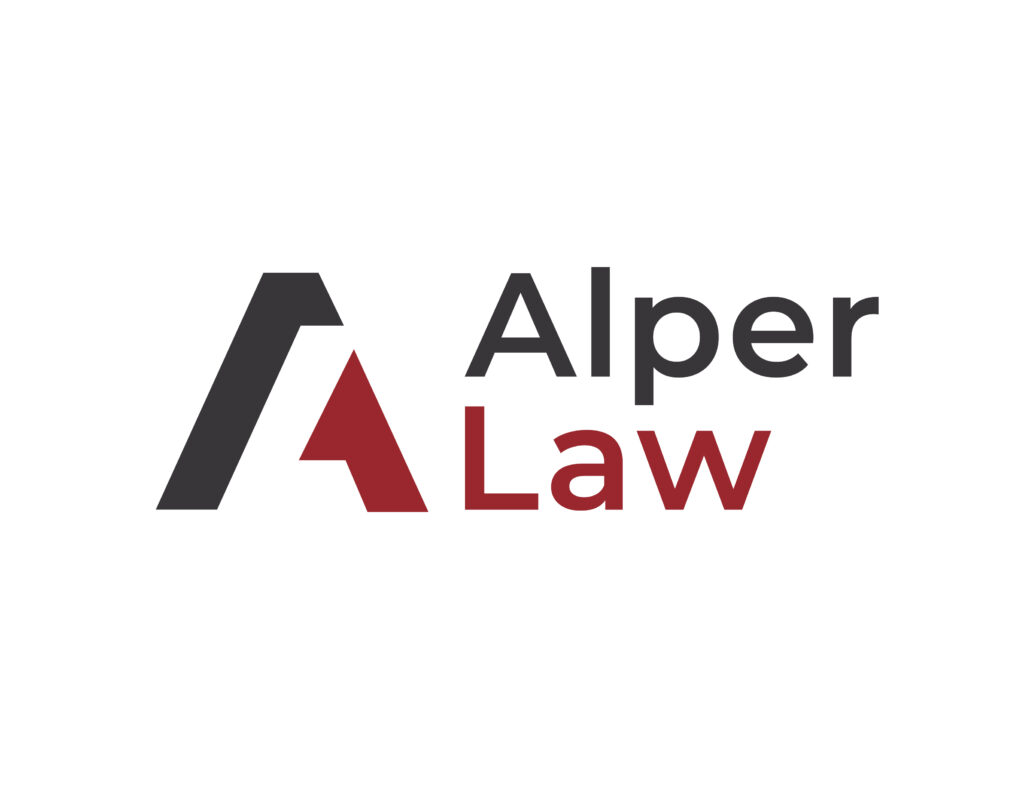Federal agencies, such as the Federal Trade Commission (FTC) and the Securities and Exchange Commission (SEC), frequently pursue individuals and businesses in federal court for monetary damages and fines related to regulatory violations.
The FTC commonly takes action against companies engaged in deceptive trade practices or antitrust violations, while the SEC enforces investment regulations.
The federal government’s approach to collecting judgments differs from private creditors, as federal agencies have broader authority and additional legal tools to recover debts.
The Federal Debt Collection Procedures Act (FDCPA)
The Federal Debt Collection Procedures Act (FDCPA), found in Chapter 176 of Title 28 of the U.S. Code, governs how federal agencies collect debts owed to them. This law provides mechanisms for the government to enforce judgments through liens on real property, garnishment of financial accounts, and levies on personal assets. Some agencies, including the IRS and SEC, also have their own specific statutes granting them expanded collection powers.
The FDCPA outlines different phases of debt recovery, including pre-judgment remedies that allow federal agencies to seize assets before a case is fully adjudicated, and post-judgment enforcement measures that help agencies execute judgments efficiently.
Florida Asset Exemptions in Federal Collections
Florida residents can use state asset exemptions to protect certain property from federal debt collection efforts, but there are specific rules that apply. Under federal law, a debtor must have resided in Florida for at least 180 days before asserting Florida exemptions against federal collection actions.
In contrast, Florida state court exemptions apply immediately upon establishing residency. Property held as tenants by the entireties is an exception to the federal residency requirement, as it is considered a classification rather than an exemption. If a debtor claims an exemption, the federal government is required to pause further collection efforts until the court evaluates the claim.
Even when an exemption request has not yet been filed, federal agencies generally cannot seize property they have reason to believe is legally protected.
Pre-Judgment Asset Seizure and Freezes
Federal agencies have stronger pre-judgment collection powers than private creditors. Under the FDCPA, the government can freeze assets before a case is resolved if it can demonstrate that a debtor is likely to transfer or conceal property to evade collection. This authority allows the government to initiate asset seizures through garnishment, attachment, or the appointment of a receiver.
Unlike creditors in Florida state court, who must post a bond before obtaining a pre-judgment asset freeze, federal agencies do not have to provide any financial security before freezing assets. This lack of a bond requirement makes pre-judgment remedies at the federal level significantly more aggressive and effective than those available under Florida law.
Small Business Administration (SBA) Debt Collection
The Small Business Administration (SBA) offers loans that are often personally guaranteed by business owners and, in some cases, their spouses. When a business defaults on an SBA loan, the agency can pursue collection efforts against both the company and the individual guarantors.
Unlike private creditors, the SBA can bypass certain state exemptions and directly seize assets such as tax refunds and social security benefits. Additionally, the SBA has the authority to garnish wages even if the debtor qualifies for Florida’s head of household wage protection. This type of wage garnishment, known as administrative wage garnishment, is authorized under federal law (31 U.S.C. § 3720D) and operates outside the standard state-based creditor collection rules.
Sign up for the latest information.
Get regular updates from our blog, where we discuss asset protection techniques and answer common questions.
Please enable JavaScript in your browser to submit the form
Publisher: Source link












